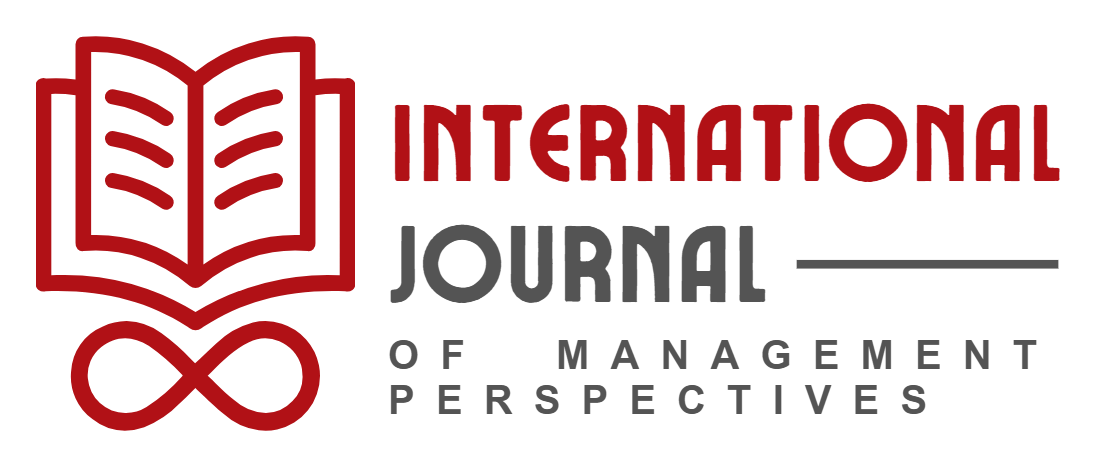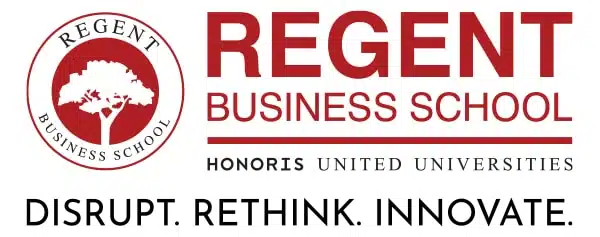 As distance campuses across the country continue to make learning accessible, more students than ever are getting the chance to discover the benefits of tertiary education in South Africa. According to studies conducted by the Council of Higher Education, 892 936 students were enrolled in universities, colleges and campuses across the country in 2010. That same year, public learning institutions produced 153 741 qualifications at all levels. Private institutes have also continued to grow, with 88 registered with the Department of Higher Education, and a further 22 provisionally registered.
As distance campuses across the country continue to make learning accessible, more students than ever are getting the chance to discover the benefits of tertiary education in South Africa. According to studies conducted by the Council of Higher Education, 892 936 students were enrolled in universities, colleges and campuses across the country in 2010. That same year, public learning institutions produced 153 741 qualifications at all levels. Private institutes have also continued to grow, with 88 registered with the Department of Higher Education, and a further 22 provisionally registered.
Tertiary education in Cape Town includes traditional on-campus learning as well as distance learning campuses, which are breaking down some of the most common barriers to learning that include transport, accessibility and flexibility. This is allowing family breadwinners to balance work and studies after matric, and students based outside of urban centres to study remotely in the Western Cape and other provinces across SA.
Why Consider Tertiary Education in Cape Town?
What value do tertiary education facilities realistically offer, and how important is higher education in Cape Town and surrounds? Some of the advantages of studying after matric include the following:
- Tertiary education produces better-educated citizens who are equipped to deal with a wide range of challenges and advancements. Educated citizens are more able to compete on a level playing field with countries outside of South Africa, and more likely to be able to share knowledge in their communities. As such, education is a powerful tool for upliftment and change.
- Innovation and economic progress are both closely linked to education. In South Africa, skills shortages hamper growth rates. UNESCO states that a lack of qualification and skill not only affects growth, but also undermines the foundation that is needed for sustainable development. Tertiary learning helps to build skills and grow a healthy economy, which in turn benefits everyone.
- Education makes it possible for students to find better paying jobs and better opportunities for promotion and raises within the workplace. This makes it possible for a higher standard of living, with better access to housing and healthcare. Families are empowered as a direct result of increased earning potential, while fulfilment and career satisfaction can often be enjoyed by graduates as well.
- Higher education in Cape Town often comes with a fair amount of respect within society. While status is not always a good thing to aspire to, respect is something that provides self-worth and encouragement to individuals. Highly skilled graduates have more chance of being head-hunted, and are also considered prime prospects for promotion to positions of authority.
- Global opportunities to work abroad also become possible with increased skill and learning. Many graduates may find that they are able to work abroad and gain further skill, which can then be used back home or travel further.
Studying after school is not only a way to get ahead in your chosen career. It is also a way to provide a meaningful contribution to your community, gain personal skills and enable a healthy economy. To find out more about opportunities for tertiary education in Cape Town offered at REGENT Business School, contact us today.


